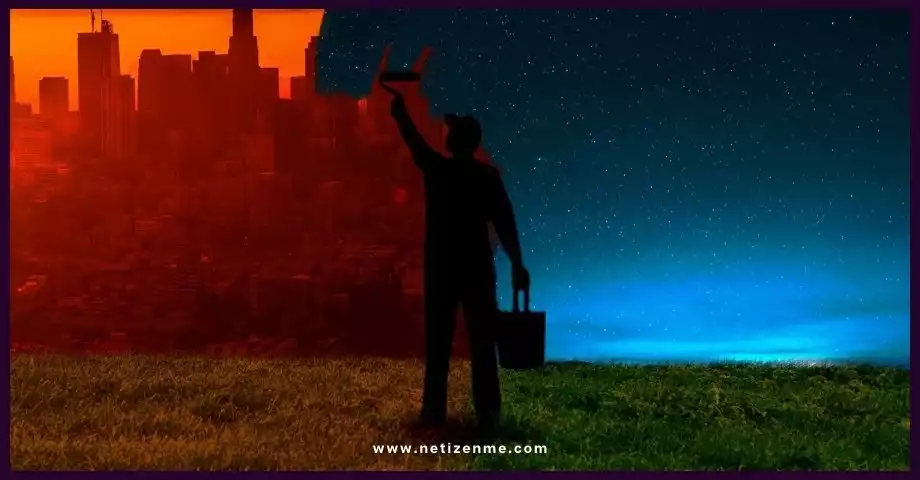Evil and suffering have been enduring aspects of our world. Daily, new events prompt us to question the existence of a higher power that could prevent such occurrences. Innocent beings, whether children or animals bear the brunt of human actions or natural disasters. In moments of crisis, we find ourselves turning to a higher power, seeking protection and guidance.
The Presence of Evil and Suffering in Philosophical Perspectives
Many world religions acknowledge the existence of gods described as pure, benevolent, and fair. However, the coexistence of evil and suffering poses a challenge to the belief in an all-loving deity. The problem of evil becomes particularly poignant for Christians who uphold God’s all-loving nature.
The question arises: How can a purely good God allow evil to befall good people? If gods are powerful, kind, and capable of controlling our fate, why do they seemingly remain indifferent to the world’s turmoil?
How does a purely good God allow evil to happen to good people?
The existence of evil and suffering has led to the philosophical problem aptly named “the problem of evil.” Philosophers and atheists alike have grappled with the moral dilemma it poses to the concept of a morally perfect God. Some argue that the mere existence of evil contradicts the belief in an all-powerful and morally perfect deity.
In the modern era, technological advancements seem to have heightened the prevalence of evil and suffering. Despite our technological prowess, a definitive solution to prevent such occurrences remains elusive. This lack of resolution prompts individuals to question the inaction of gods or celestial beings.
Theism, Humanism, and the Question of Divine Intervention
Modern students of philosophy find themselves delving into the problem of evil. This topic not only remains fundamental to philosophy but also holds significance in various religions. Theism and Humanism, two philosophical perspectives, address this question by acknowledging or dismissing gods’ existence.
According to H. J. McCloskey (1960), the theistic view encounters a contradiction between the presence of evil and the belief in an all-powerful and all-knowing God. On the other hand, some argue, as Rabbi Harold Kushner (1981) does, that God, although all-knowing and perfectly good, might be constrained from intervening due to a lack of omnipotence.
Exploring Religious and Cultural Perspectives on Evil and Suffering
Certain religions attribute evil and suffering to karma, a form of retribution for past wrongdoings. Others view these challenges as tests of faith or strength. Some philosophies introduce the idea of free will, positing that humans shape their destiny through their choices.
These varied perspectives, however, are subjective and subject to individual interpretation. It is crucial to understand and respect diverse beliefs regarding the origin and purpose of evil and suffering.
In conclusion, the problem of evil remains an intricate and enduring philosophical inquiry. Despite technological advancements, humanity grapples with the complexities of why evil persists. While theism and humanism offer contrasting perspectives, the lack of a definitive answer emphasizes the ongoing importance of this topic in philosophical and religious discussions.
Who or What is the Author of Destiny: Do We Have Free Will?
Sources:
BBC. (n.d.). The problem of evil and suffering – christian beliefs – edexcel – GCSE religious studies revision – edexcel. https://www.bbc.co.uk/bitesize/guides/zv93rwx/revision/5
Beebe, J. (n.d.). Logical problem of evil | internet encyclopedia of philosophy. Www.Iep.Utm.Edu. https://iep.utm.edu/evil-log/
This article is written by:
This article is written and edited by in-house writers and editors. Knowledge Netizen editorial team is committed to providing accurate and informative content. You can cite our articles under the author name "NetizenMe"





